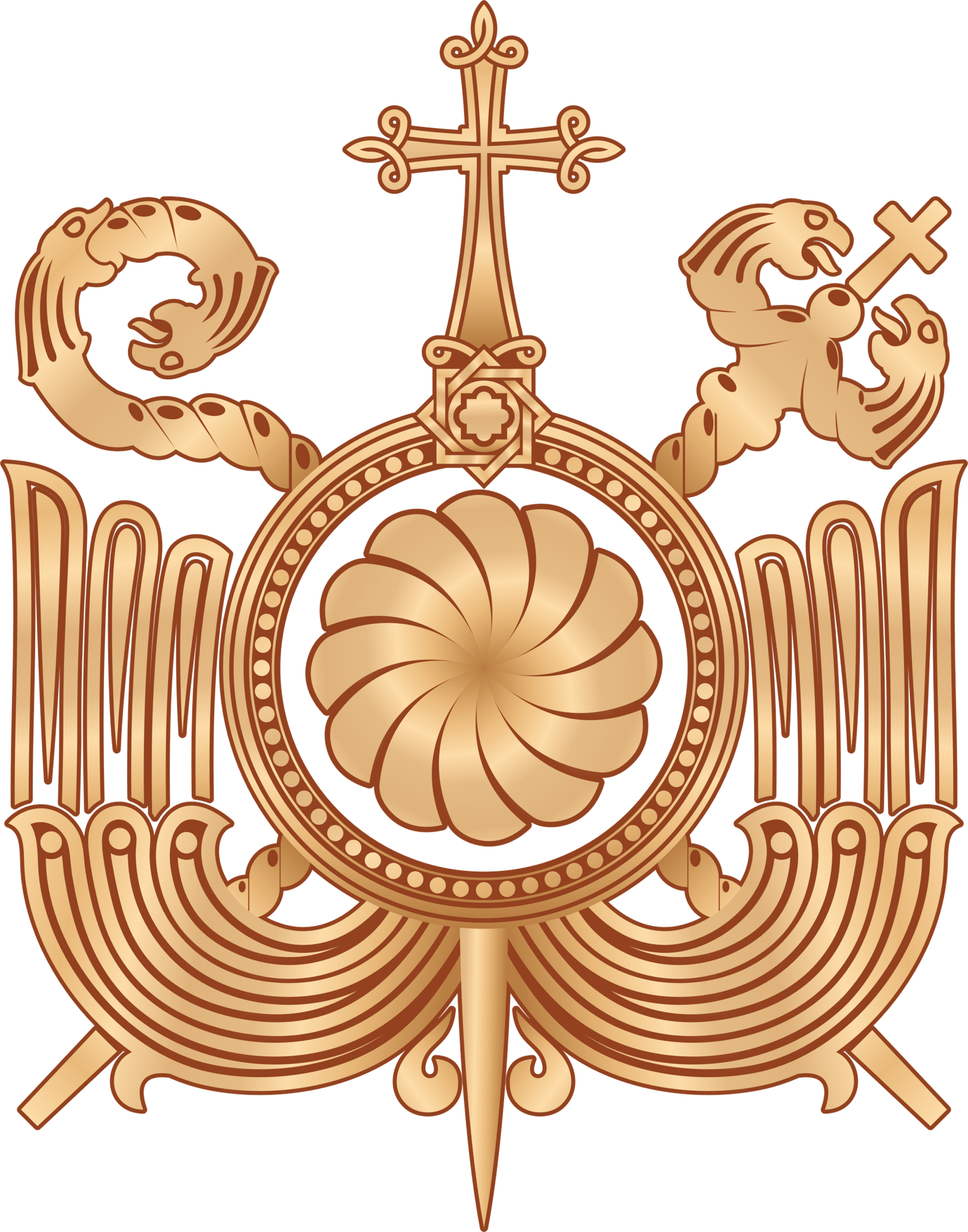Letter from His Grace Bishop Vrtanes Abrahamyan, Primate of the Diocese of Artsakh, to United Nations Secretary-General António Guterres
Dear Secretary-General,
On November 11-22, 2024, Baku is to host the 29th session of the Conference of the Parties (COP29) to the United Nations Framework Convention on Climate Change, to which leaders and official representatives of various countries, as well as representatives of international organizations have been invited.
Exactly a year ago, these days, the Azerbaijani armed forces subjected peaceful settlements to irregular shelling and invaded Nagorno-Karabakh/Artsakh. Within a few days, 120,000 Artsakh residents were forced to leave Artsakh under the real threat of physical extermination. People whose ancestors lived in Artsakh for thousands of years were forced to leave their homes, graves, historical and cultural heritage inherited from their ancestors. Let me remind you that before the 44-day war in 2020, the population of Artsakh was 151 thousand people.
The available facts are more than enough to confirm that what happened to the people of Artsakh is a crime against humanity. The International Association of Genocide Scholars in its most recent statement noted that those events correspond to the characteristics of genocide defined by the Genocide Convention.
Unfortunately, the tragedy of the Artsakh Armenians has practically gone unnoticed by the world community. Except for statements by some international organizations and individual political leaders, no steps have been taken to stop Azerbaijan's genocidal policy of depopulating Nagorno-Karabakh/Artsakh, carrying out ethnic cleansing and its people's righteous desire for self-determination.
Unfortunately, the tragedy of the Artsakh Armenians has practically gone unnoticed by the world community. With the exception of statements by some international organizations and individual political leaders, no steps have been taken to end Azerbaijan's genocidal policy aimed at evicting Armenians from Nagorno-Karabakh/Artsakh, conducting ethnic cleansing and suppressing the just desire of its people for self-determination.
Moreover, we witnessed how the sense of impunity fueled Azerbaijan's expansionism, and today Azerbaijan has already occupied the sovereign territories of Armenia and is taking steps to limit its sovereignty and independence.
A vast majority of the faithful children of the Artsakh Diocese of the Armenian Apostolic Church today have found refuge in the Republic of Armenia, and a significant part of them have found refuge in different countries of the world. And although today they are freed from the threat of physical annihilation, they continue to face many violations of their rights and freedoms every day.
For thousands of people forcibly displaced from Artsakh, the most important issue remains the return to their homeland.
The right of return, which was also enshrined in the decision on interim measures adopted by the International Court of Justice, continues to be ignored by the international community. Although various structures and individual states sometimes make statements about the right of the people of Artsakh to return, there is no significant priority on this issue.
We are confident that without international security guarantees for Artsakh Armenians to return to their homeland, the final settlement of the conflict and the establishment of peace and stability in the entire region is impossible. At the same time, Azerbaijan continues to revise and falsify history, destroy and appropriate Armenian cultural heritage and material values in order to erase any traces of the Armenian presence and prevent the return of Armenians to Nagorno-Karabakh. A number of churches and cemeteries were destroyed, including the Church of St. John the Baptist (The Green Church) in Shushi. The village of Karin Tak was completely destroyed, and irreparable damage was caused to a number of other settlements. Despite the fact that human rights and specialized agencies record many such examples almost every day, Azerbaijan does not bear any responsibility, which gives the green light to further crimes. Azerbaijan continues to hold Armenian prisoners of war and hostages in Baku prisons. There are many recorded facts of torture and inhuman treatment of Armenian prisoners in Azerbaijani prisons, but Azerbaijan does not even allow international human rights organizations to receive truthful information about the health status of these people. Moreover, this issue is being used by Azerbaijan as a bargaining tool for political negotiations, which grossly violates the principles of international humanitarian law.
Your Excellency,
All the opportunities provided during COP29 should be used to establish a just, lasting and dignified peace in the region. Protecting the rights of the Armenians of Nagorno-Karabakh/Artsakh and promoting regional security are crucial to maintaining our own commitment to democratic ideals.
In this regard, I call to put pressure on the President of Azerbaijan, Ilham Aliyev and the government of Azerbaijan to take tangible measures that will support regional peace, ensure the protection of human rights and preserve the supremacy of international laws and norms.
⠀
His Grace Bishop Vrtanes Abrahamyan, leader of the Artsakh Diocese of the Armenian Apostolic Holy Church.



